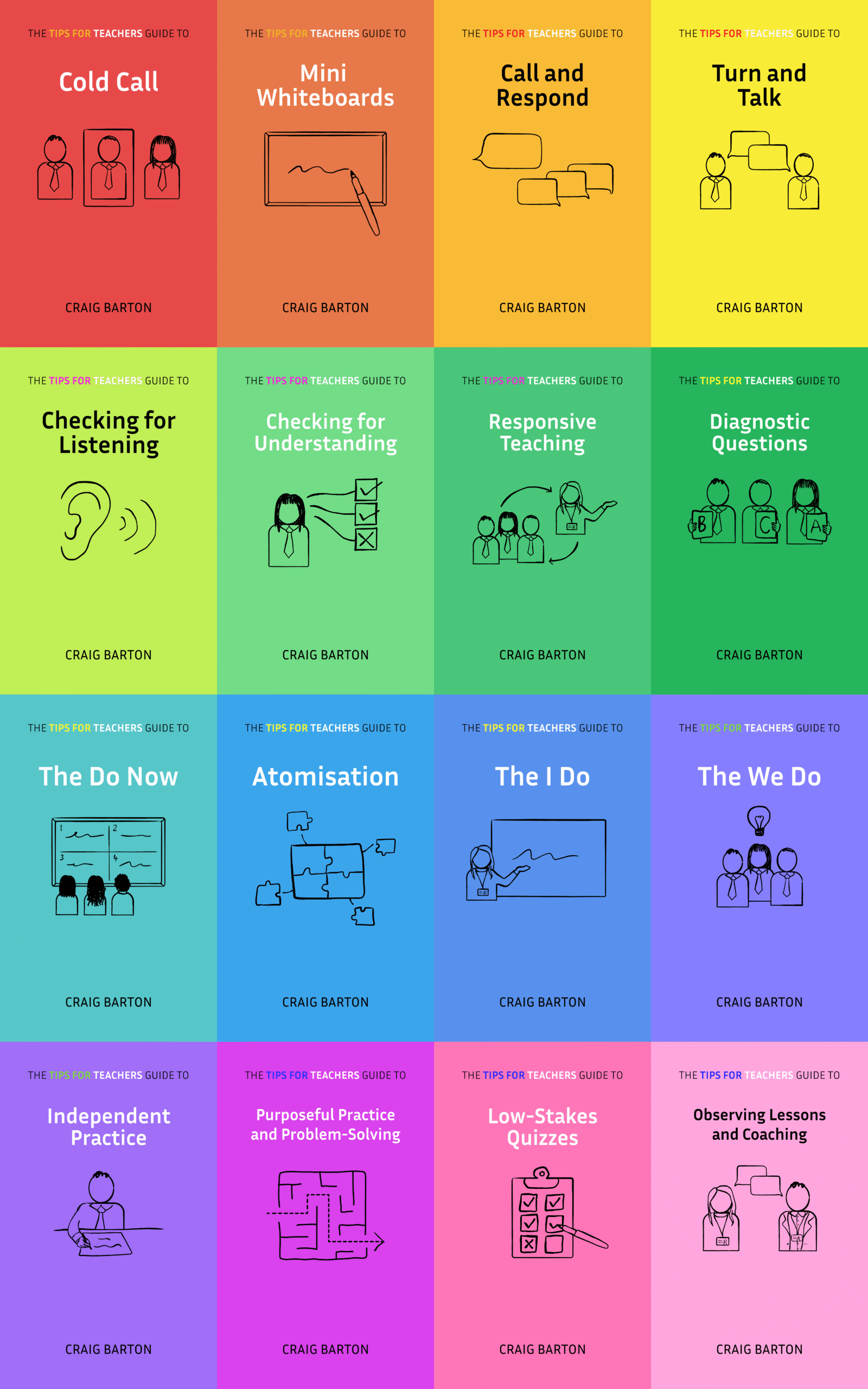
- Title: Practice Does Not Make Perfect – Experimental Evidence on the Effectiveness of Coaching Beginning Teachers
- Authors: Cohen, Wong, Liu, Wilson, Yonas, Parten
- Access the original paper here
- Watch a video overview:
Paper summary
This research paper investigates the effectiveness of coaching versus self-reflection for beginning teachers using mixed-reality simulations. The study employs a multisite randomized controlled trial across three diverse teacher preparation programs to examine how coaching impacts different teaching tasks, specifically providing text-based feedback and redirecting off-task behaviors. While coaching consistently improved behavioral redirection skills across all sites, its impact on content-focused feedback was more variable, particularly for teachers in an alternative route program. The findings highlight the potential benefits of simulated practice with coaching for specific teacher development areas and emphasize the need for more causal research in varied educational contexts.
If teachers remember one thing from this study, it should be…
Directive coaching from an expert is significantly more effective than self-reflection for improving teaching skills in simulated practice. While self-reflection is common, it doesn’t help beginning teachers in the same ways as expert feedback, especially for classroom management tasks.
***Paper Deep Dive***
Define any technical terms used in the paper
Effect heterogeneity: Variability in intervention findings, clarifying which factors drive impact and ensuring interventions match diverse populations or settings.
Mixed-reality simulations (MRSs): A platform featuring a virtual classroom with student avatars controlled by a trained actor, providing low-stakes opportunities for teachers to practice skills.
Directive coaching: Immediate, expert feedback and strategies for improvement provided to novice teachers after a simulated practice session.
Self-reflection: The practice where beginning teachers independently assess their performance using their own insights about strengths and weaknesses, typically via structured prompts, between simulated sessions.
Conceptual replication designs: Studies that systematically introduce controlled variation in conditions (like sites or tasks) to assess if findings on coaching effects are robust and consistent.
What are the characteristics of the participants in the study?
The study included 292 novice teachers across three diverse US universities. Participants varied significantly by site in demographics, programmatic structures, and the timing of simulated practice and coaching. For instance, Lambeth novices were mostly White and female, Wesley’s were more racially diverse and in an alternative licensure program, and Thomson’s were predominantly Latinx and female.
What does this paper add to the current field of research?
This paper makes a key contribution as one of the very few large-scale, multisite randomized controlled trials in teacher education research. It provides causal evidence on whether coaching effects replicate across diverse teacher preparation contexts and varied teaching tasks, offering practical guidance for effective resource allocation in teacher development.
What are the key implications for teachers in the classroom?
The study highlights that practice alone is not sufficient; targeted, expert feedback is crucial for skill development. For teacher preparation programs, this implies that investing in quality directive coaching can maximize the utility of simulated practice opportunities.
Directive coaching is significantly more effective than self-reflection for improving teaching skills, particularly for beginning teachers. The common practice of asking teachers to self-reflect on their simulated practice is less helpful than expert coaching and directive feedback. Novices often struggle to effectively self-reflect without external support or guidance, potentially lacking the schema to identify areas for improvement or overestimating their own abilities.
Coaching consistently improves classroom management skills, specifically redirecting off-task behaviors. This effect was robust across diverse teacher preparation sites and participant characteristics. These skills are vital for new teachers’ self-efficacy and retention, and are often not adequately addressed in traditional teacher preparation. Coached novices were also less critical in their assessment of minor student misbehaviors, and in some contexts, less likely to endorse punitive “next steps” such as guidance counselor referrals or special education services for minor off-task behavior.
While beneficial, coaching effects were more variable for content-focused instructional tasks like providing feedback to support text-focused instruction. Complex feedback types, such as extending and restating or descriptive feedback, may require more than short coaching sessions, possibly necessitating additional interventions targeting pedagogical content knowledge.
Why might teachers exercise caution before applying these findings in their classroom?
Teachers should exercise caution because these findings stem from simulated mixed-reality environments, which differ from real classrooms. The coaching was delivered by a centralized research team, not necessarily local site-based coaches, so its effectiveness might vary in different contexts. Moreover, while highly effective for classroom management, coaching effects were more variable for complex content-focused instructional tasks and for novices in an alternative route program, suggesting it’s not universally beneficial for all skills or contexts.
What is a single quote that summarises the key findings from the paper?
This study makes clear that the more typical teacher preparation approach of reflecting on one’s simulated practice will not help beginning teachers in the same ways as coaching and directive feedback from an expert








